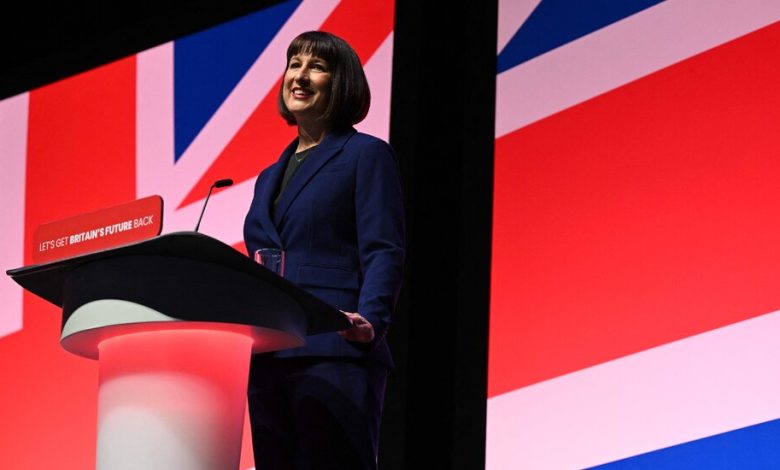The American Inspiration for Britain’s First Female Chancellor

After 14 years in the shadows, Britain’s Labour Party has returned to governing. And the country’s first female chancellor of the Exchequer, Rachel Reeves, is faced with the tough job of restoring Britain’s economic growth prospects and ending a decade and a half of stagnation.
For inspiration, she has turned to another glass-ceiling-shattering woman, on the other side of the Atlantic: the U.S. Treasury secretary, Janet L. Yellen.
Ms. Reeves was named chancellor on Friday after the Labour Party won a majority in Thursday’s general election. Now in charge of Britain’s budget, she is expected to pursue an economic agenda influenced by Ms. Yellen, whose policies have encouraged job creation and a manufacturing investment boom in the United States.
Ms. Yellen’s “modern supply-side economics” aims to bolster economic growth by increasing the number of workers and raising productivity while reducing inequality. In practice, that has meant giving companies incentives, through subsidies and tax cuts, to invest in the United States and generate jobs at home, particularly in emerging green sectors.
Ms. Reeves, 45, calls her version “securonomics,” a portmanteau word that means ensuring “resilience for our national economy and security for working people,” she said in March. It’s also likely to mean a more activist government. The Labour Party has drawn up an industrial strategy and has plans for a national wealth fund and a publicly owned energy company.
“Much of my securonomics approach has its roots in Yellen’s modern supply-side economics,” Ms. Reeves wrote in a book published last year.
